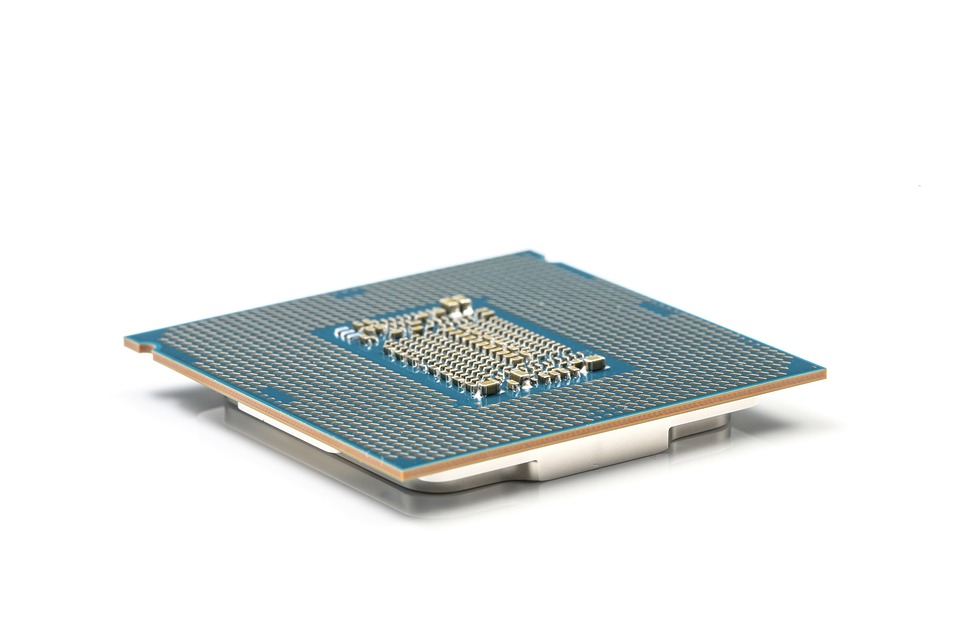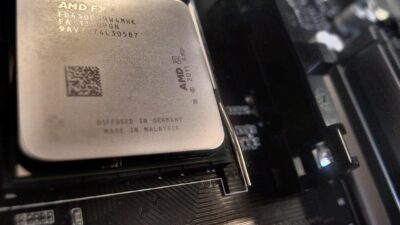In recent years, the landscape of computing has dramatically evolved, with artificial intelligence (AI) emerging as a foundational pillar of modern technology. As companies worldwide race to build AI capabilities, Intel, the era-defining leader in semiconductor innovation, is doubling down on its commitment to lead the AI revolution. This article delves into Intel’s ambitious strategies and initiatives designed to secure its dominant position in the future of computing.
A Shifting Paradigm
Since its inception, Intel has been synonymous with traditional computing power, primarily through its well-known microprocessors. However, the rapid advancement of AI technologies, such as machine learning and neural networks, has caused the company to pivot its focus. Intel recognizes that the future of computing lies not just in faster processors but in optimizing hardware and software specifically for AI workloads.
Investments in AI-centric Architecture
New Architectures and Processors
To support its AI ambitions, Intel has introduced several new architectures optimized for AI applications. The introduction of the Intel Nervana Neural Network Processor (NNP) and the Intel Xe GPU line are examples of the company’s commitment to tailored processing solutions. These architectures are designed to handle complex algorithms more efficiently, significantly accelerating AI training and inference tasks, a necessity for modern applications ranging from natural language processing to advanced robotics.
Integrated AI Capabilities
Intel is also integrating AI capabilities into its existing product lines. By embedding AI processing directly into CPUs, Intel aims to reduce latency and improve performance for AI-driven applications. This strategy not only enhances capabilities for traditional computing tasks but also enables a more seamless transition to AI-optimized workloads.
Software Ecosystem Development
Recognizing that hardware alone will not guarantee success, Intel has developed a comprehensive software ecosystem. Through initiatives like the OpenVINO toolkit, Intel provides developers with the tools needed to optimize AI applications for specific hardware configurations. This move fosters a community of developers who can create and fine-tune applications that leverage Intel’s AI-enhanced processors.
Collaboration with Industry Leaders
Intel’s strategy includes collaborating with key players in the AI space, such as cloud service providers and major software companies. Partnerships with companies like Microsoft and Amazon Web Services facilitate the deployment of Intel-powered AI solutions across various platforms. This collaboration extends the reach of Intel’s technology and maximizes the impact of its innovations.
Focus on Data Centers and Edge Computing
As AI continues to grow in importance, Intel is placing significant emphasis on data centers and edge computing. The company aims to provide robust, scalable solutions that can effectively handle the increasing demand for data processing. With the launch of the Intel Xeon Scalable processors and dedicated AI hardware solutions for the data center, Intel is positioning itself to meet the evolving needs of enterprises integrating AI into their operations.
The Edge Advantage
Additionally, with the rise of the Internet of Things (IoT), Intel is investing in AI solutions for edge computing. By enabling real-time analysis and decision-making at the edge, Intel technology can power intelligent devices and systems that require low latency and high efficiency, such as autonomous vehicles and smart cities.
Education and Workforce Development
Intel understands that for AI to reach its full potential, a skilled workforce is essential. The company has initiated various educational programs aimed at training the next generation of AI professionals. Through partnerships with educational institutions and online platforms, Intel is working to bridge the skills gap in AI and ensure that developers are equipped to harness the power of its technologies.
Commitment to Ethical AI
As AI technology continues to impact various aspects of society, Intel is committed to promoting responsible and ethical AI. The company advocates for transparency, fairness, and accountability in AI systems. By investing in research and development that focuses on ethical implications and societal impacts, Intel strives to position itself as a leader not only in technology but also in responsible innovation.
Conclusion
Intel’s ambitious push into AI reflects a strategic shift aimed at maintaining its dominance in the ever-evolving computing landscape. Through a combination of tailored hardware, comprehensive software ecosystems, strategic partnerships, and a commitment to ethical practices, Intel is not merely participating in the AI revolution – it aims to lead it. As AI continues to shape the future of technology, Intel’s proactive measures position it as a crucial player in driving innovation and delivering impactful solutions across industries. The next era of computing is upon us, and Intel is determined to shape it.



